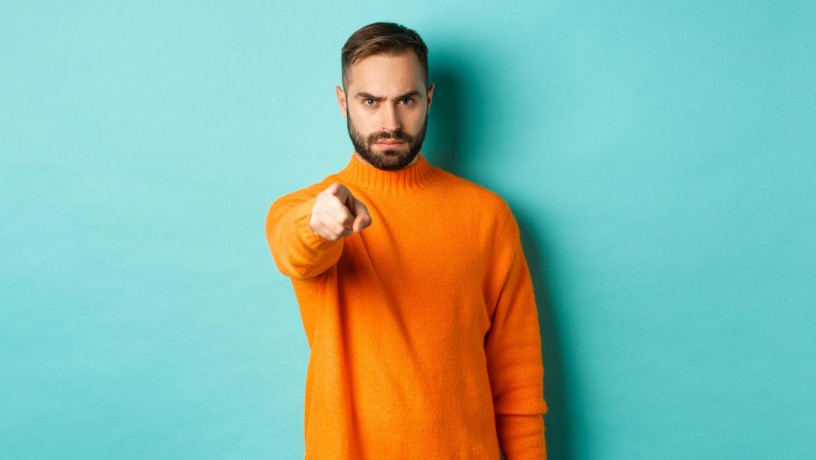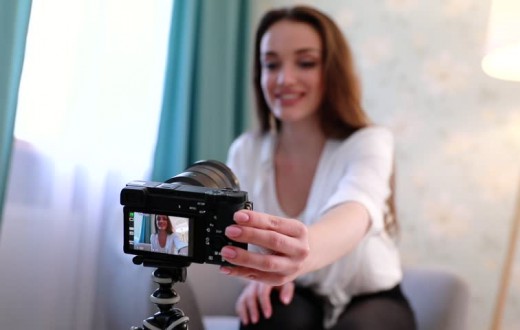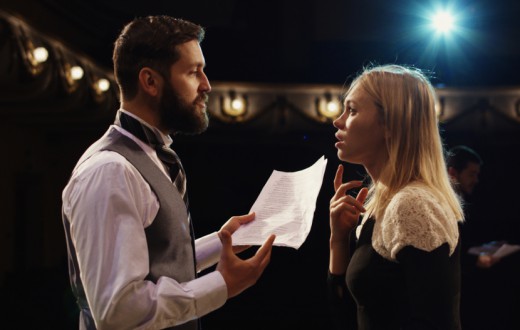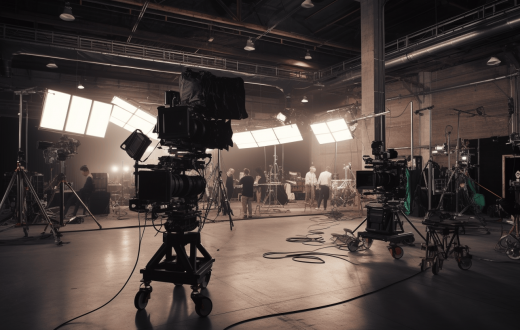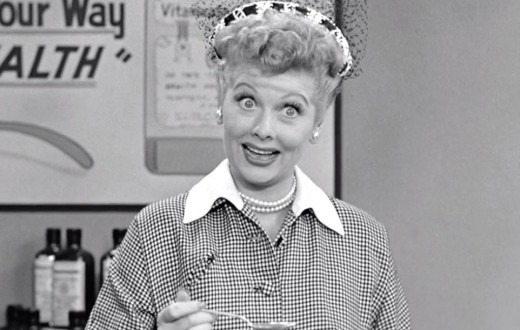We’ve all been there before. Something goes wrong and we’re quick to blame someone else. But is that really the best solution? More often than not, blaming others only makes the situation worse. It’s time to take responsibility for our own actions and stop looking for someone else to blame.
When it comes to on-set relationships, the blame game is all too easy to fall into. If two co-stars are fighting, it’s all too easy to point the finger and say “they’re at each other again.” But who’s really to blame?
Sure, the actors themselves are the ones doing the arguing. But that doesn’t mean that their co-stars are blameless. After all, they’re the ones who signed up to work with these people day in and day out. They knew what they were getting into.
Ego and Tension
Why do actors blame their co-stars? It’s a question that has been asked time and time again, and one that still remains relatively unanswered. While there could be a multitude of reasons as to why an actor might blame their co-star, it typically boils down to one key factor: ego.
An actor’s ego is often what drives them to succeed. It’s what gives them the confidence to audition for roles and ultimately land the part. However, an actor’s ego can also be their downfall. When an actor gets too caught up in their own success, they start to believe that they are the only reason for the success of the project. This is where problems start to arise.
If an actor starts to feel like they are carrying the entire project on their shoulders, it can lead to tension with their co-stars.
Is Your Bad Performance a Reason to Blame Others?
In the entertainment industry, it’s not uncommon for actors to point the finger at others when things go wrong. Whether it’s a co-star, director or producer, there are always plenty of people to blame for an actor’s bad performance.
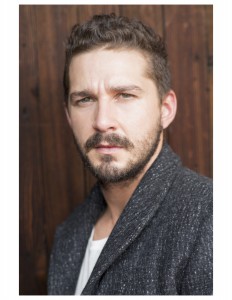
One notable example is when Shia LaBeouf blamed his poor acting in Transformers: Revenge of the Fallen on director Michael Bay. LaBeouf claimed that Bay’s chaotic directing style made it difficult for him to deliver a good performance.
Another actor who has been known to blames others is Jennifer Lawrence. Lawrence has been vocal about her dislike for certain directors and producers, and has even gone so far as to call out Hollywood executives for making sexist remarks.
While some actors may feel like they have no control over their work, the truth is that they are ultimately responsible for their own performances.
Tips on how not to blame others:
When it comes to the success or failure of a project, it’s easy to want to accuse someone else. But if you’re an actor or co-star, it’s important to remember that there are other factors at play and that ultimately, you’re not responsible for everything.
Here are some tips on how not to blame others:
1. Remember that everyone is working towards the same goal.
Even though it may feel like everyone is out to get you, at the end of the day, everyone is working towards the same goal: making the project successful. So try to focus on that shared goal rather than any personal differences.
Whether it’s in the media, politics or even our personal lives — we are constantly looking for someone to point the finger at. However, what would happen if we all stopped looking for someone to blame and instead worked toward the same goal?
If we could set aside our differences and work together, imagine what we could accomplish. We would be able to solve problems more efficiently and effectively. We would also be able to build stronger relationships with others.
So next time you’re tempted to point the finger, remember that it takes two hands to clap. Instead of looking for someone to blame, look for ways that you can work together toward a common goal.
2. Take responsibility for your own actions.
If something goes wrong, it’s important to take responsibility for your own actions rather than blaming someone else.
Actors are often seen as role models by the public. With this status comes a great deal of responsibility. Actors must be careful not only about their own actions, but also about the message they send to fans.
Many young people look up to actors as heroes. They see them on TV and in movies and think that they have it all together. What these young fans don’t realize is that behind the scenes, actors are just like them. They make mistakes, they have bad days and they sometimes do things that they regret.
Just because someone is an actor does not mean that they are perfect. It is important for fans to remember this. No one is perfect, no matter how it may seem from the outside.
Actors have a responsibility to set a good example for their fans.
*****
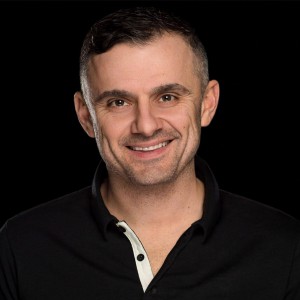
I’ll leave you with this… I started watching Gary Vaynerchuk (aka Gary Vee) on YouTube when he only had a million subscribers.
In business and in life, Gary Vaynerchuk is a firm believer in taking responsibility for your own actions and not looking to blame others when things don’t go as planned.
“I think too many people look externally when things don’t work out,” Vaynerchuk said in an interview with Entrepreneur. “The biggest thing I see is people that want to put the onus on somebody else.”
Vaynerchuk himself has faced plenty of challenges and setbacks over the years, but he’s never been one to shy away from taking responsibility and learning from his mistakes.
“Every time something hasn’t gone my way, I’ve taken full responsibility for it,” he said. “And I think that’s given me a lot of strength over the years.
About Gary Vaynerchuk
In the business world, Gary Vaynerchuk is known as a serial entrepreneur and investor. He’s also the chairman of VaynerX, a modern media holding company, and the CEO of VaynerMedia, a full-service advertising agency.
But to many people, Gary is simply known as “GaryVee” – an Internet celebrity who has built up a large following on social media platforms like YouTube and Instagram. On these platforms, Gary shares his thoughts on entrepreneurship, marketing, and technology with his millions of followers. While some people love GaryVee for his candid and often blunt advice, others have criticized him for his brash attitude and “blame game” mentality.

